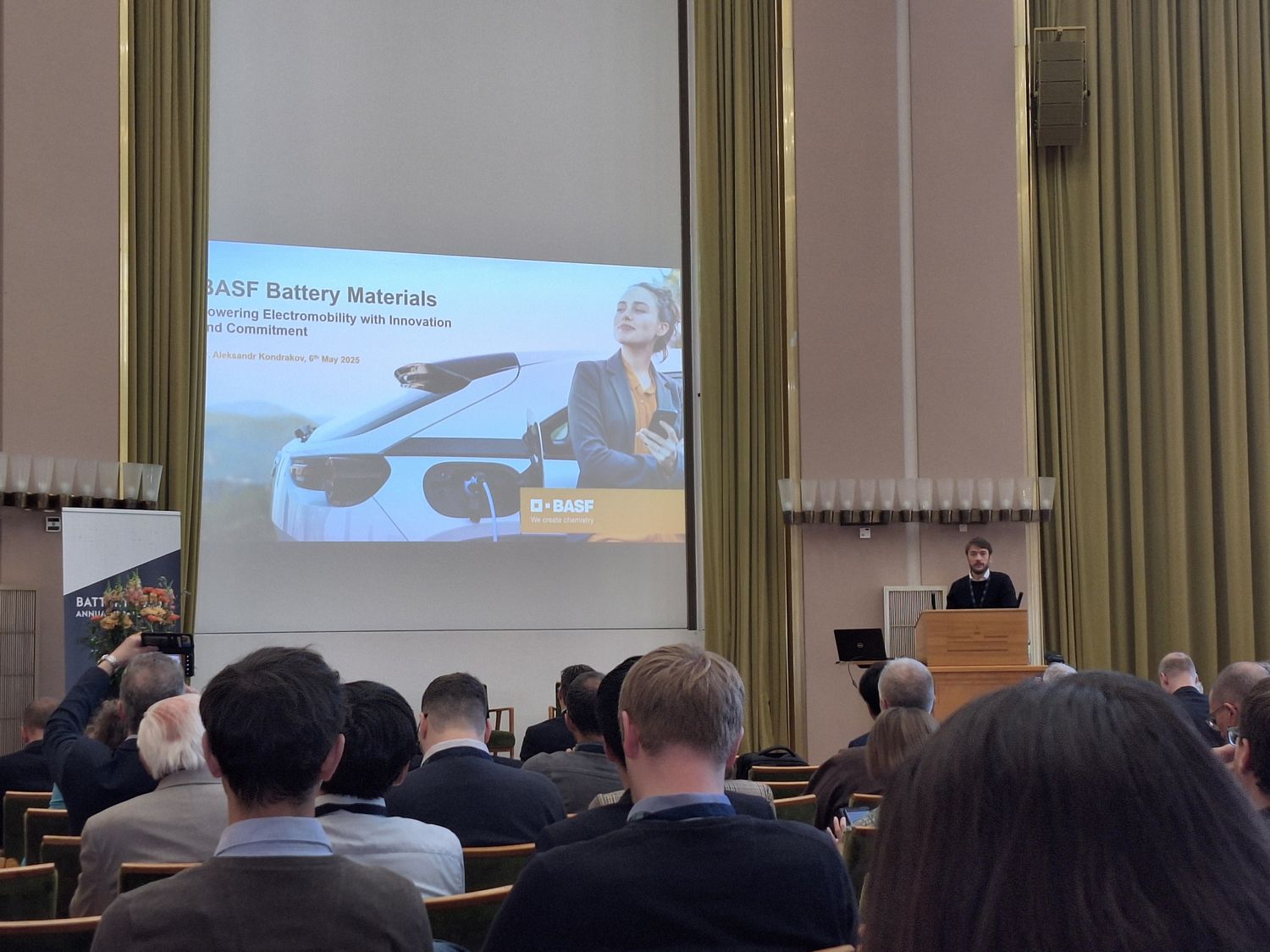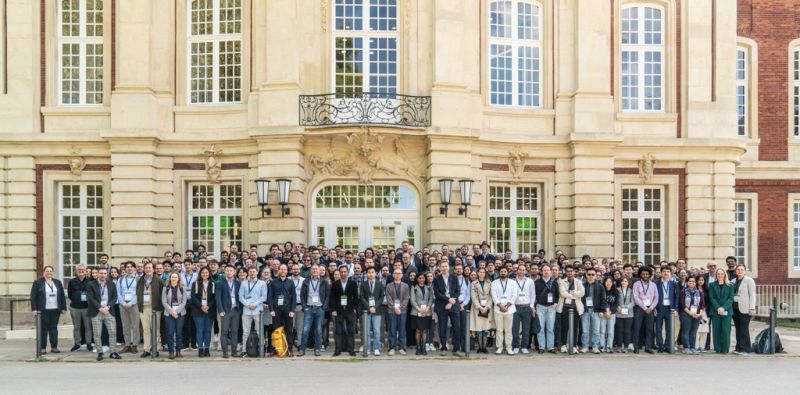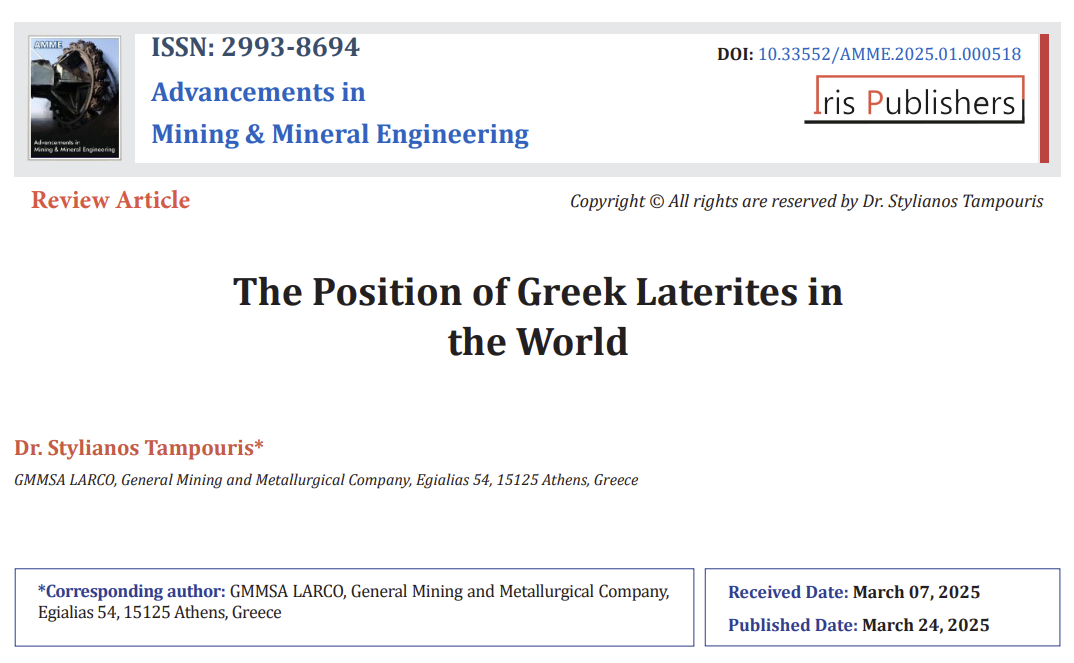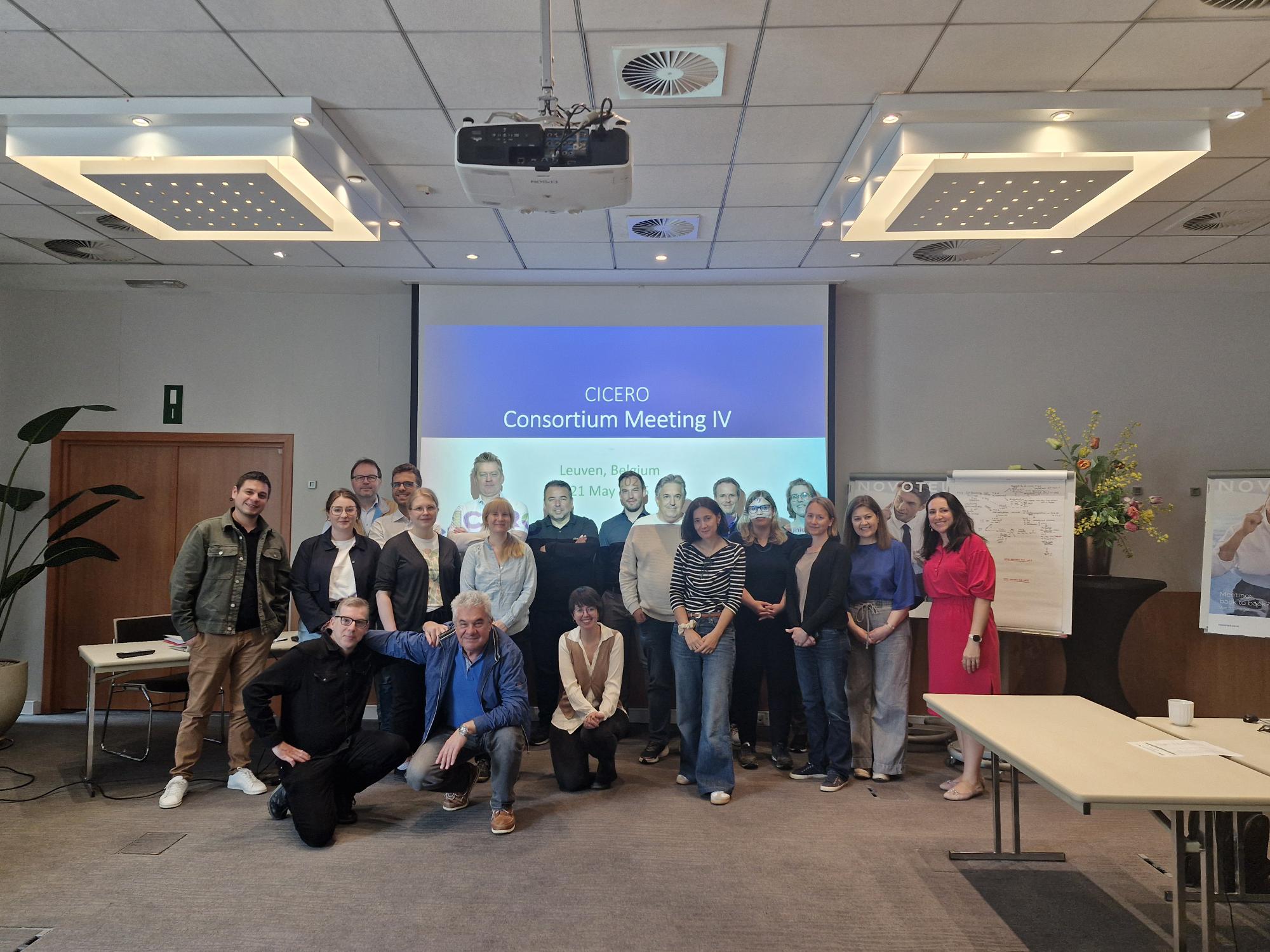Over 250 international battery researchers and industry leaders gathered in Münster, Germany on 6 and 7 May for the fifth annual BATTERY 2030+ Conference. The event spotlighted Europe’s drive towards sustainable solutions for next-generation battery materials and technologies.
Raw materials is one of the research areas under BATTERY 2030+ and the CICERO project, as a partner in the initiative, collaborates with related Horizon Europe projects, inventing the sustainable batteries of the future.
This years conference, featured keynote speeches, industry presentations, and young scientist sessions. Prof. Dr. Maria Forsyth from Deakin University opened the event with insights into polymer-based materials for advanced batteries. Subsequent discussions delved into smart functionalities, AI-driven material discovery, and sustainable manufacturing processes. The CICERO project delivered a presentation on its innovation activities towards developing a sustainable and cost-effective processing & refining method for Ni, Co and Mn, and the downstream conversion into “made-in-Europe” NCM materials for Li-ion batteries. In particular, our colleague Dr. Andreas Kempter, principle scientist inorganic functional materials at BASF, gave insights and answered questions on the solubility of MSA salts as part of this process.
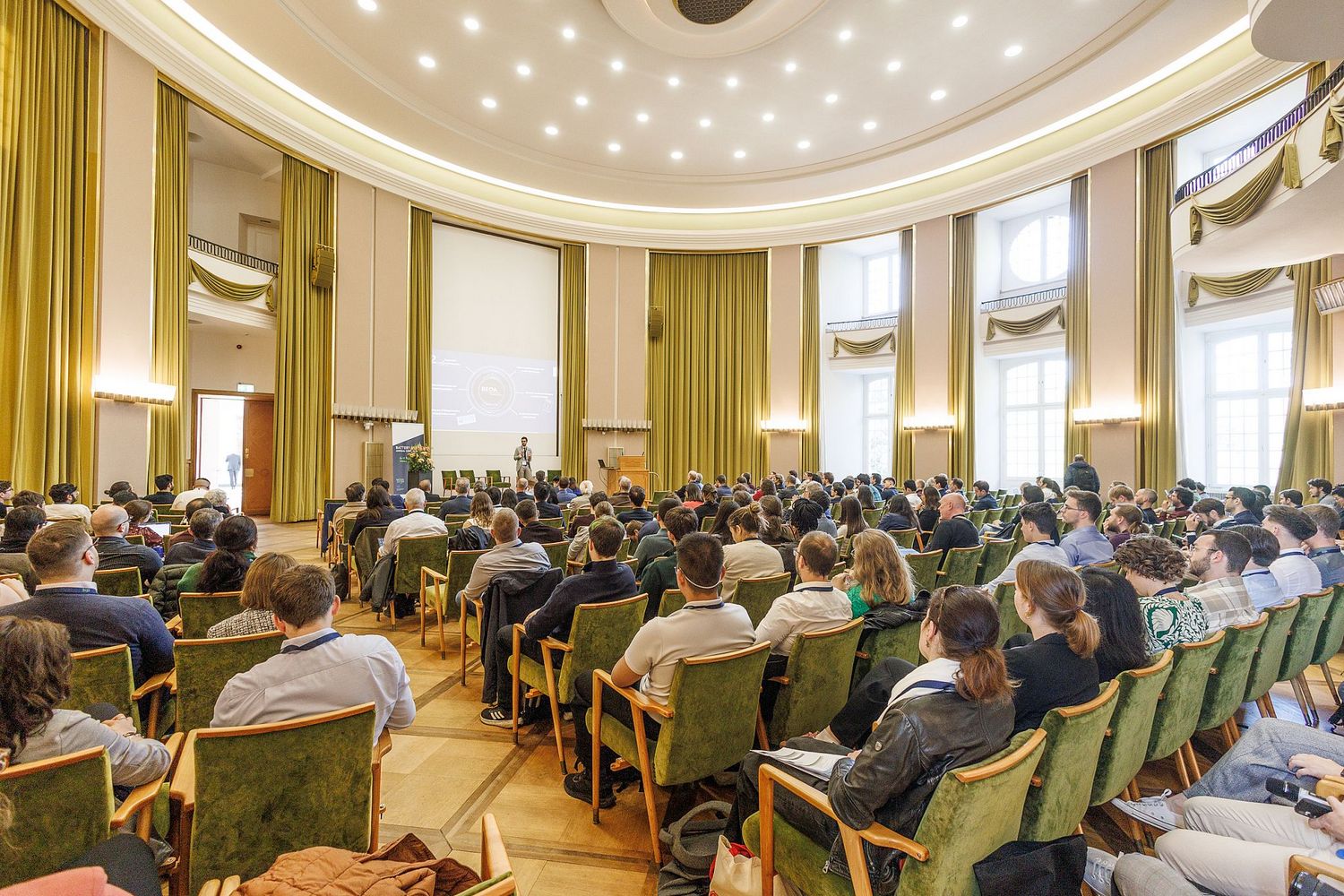
Site visits to the MEET Battery Research Center and the Fraunhofer FFB PreFab facility were part of the programme of the conference, giving firsthand experience of cutting-edge research infrastructures.
The conference underscored once again the collaborative efforts of academia, industry, and policy makers in advancing Europe’s battery research and innovation landscape.
For more information on Battery 2030+ see here.
